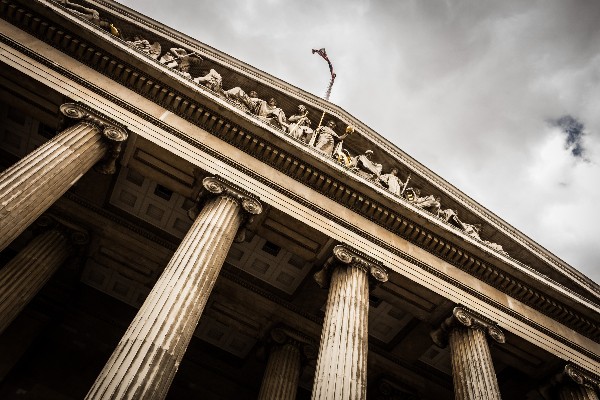- November 22, 2022
- Posted by: Martina
- Category: News

In a recent judgment handed down by Mr Justice Maurice Collins, the Court of Appeal emphasised the “fundamental requirements” for expert evidence to be objective, impartial and independent – and an inability or unwillingness of an expert to comply with his or her duties could lead to significant implications for experts and legal practitioners.
In this article, Grace Toher, Solicitor, gives an overview of the important points raised in the judgment.
Overview
This was an appeal of a decision of the High Court whereby evidence of an expert toxicologist was excluded on the basis that his evidence was judged to be biased and that the evidence that he gave was not in accordance with his duty to the Court.
The Court of Appeal, in upholding the decision of the High Court of disregarding the evidence in question as admissible, handed down a stark warning to legal practitioners.
The particular report of the expert at issue contained, what Mr Justice Collins deemed as “red flags”, including:
- Expressing views on legal doctrines;
- Expressing views on disputed facts, of which he had no independent knowledge;
- Accusing the Plaintiff of misrepresentations;
- Commenting on issues outside his area of expertise; and
- Carrying a general tone of “absolute certainty” and having an “aggressively dismissive” attitude to any information which might have supported the Plaintiff’s position that they did suffer negligence.
Mr Justice Collins further commented that the act of the expert repeatedly accusing the Plaintiff of dishonesty and deception (even though he had no independent knowledge of the facts and no role in resolving any conflicts of fact) was, “even if it stood alone” more than sufficient to disqualify him as an expert.
Of course, one would hope that the “fundamental frailties” of the expert evidence in this case was an exceptional example. The judge himself categorised it as a “disturbing case”.
Potential Impact on Costs
Nevertheless, practitioners should be aware of the duties of an expert. Non-compliance with such duties could not only lead to the inadmissibility of the evidence at issue, but furthermore adverse consequences in costs. In this case, Mr Justice Collins felt the need to highlight in his judgment the court’s jurisdiction to make costs orders against non-parties, and the ability to make wasted costs orders. He stated that the culture of expert witness regarding themselves as advocates for the cause of the party who they are retained by needs to change, and the judge called for the courts to be “more forceful” in taking measures where rules on expert evidence are not complied with.
Conclusion
The judgment is an explicit reminder that legal practitioners acting for a party seeking to present expert evidence bear important responsibility to ensure:
- The evidence is relevant and likely to assist the court;
- That the expert witness has necessary expertise to give such evidence; and
- That an expert’s evidence is confined to issues properly within the scope of his expertise.
This judgment outlined that what is “critical” is that a witness fully understands and is able to comply with the duties of an expert witness to assist the court as to matters within his or her field of expertise, which overrides any obligation to any party paying the fee of an expert.
Read the full judgment here.
If you have a question or query in relation to this article, please contact a member of our Litigation team.